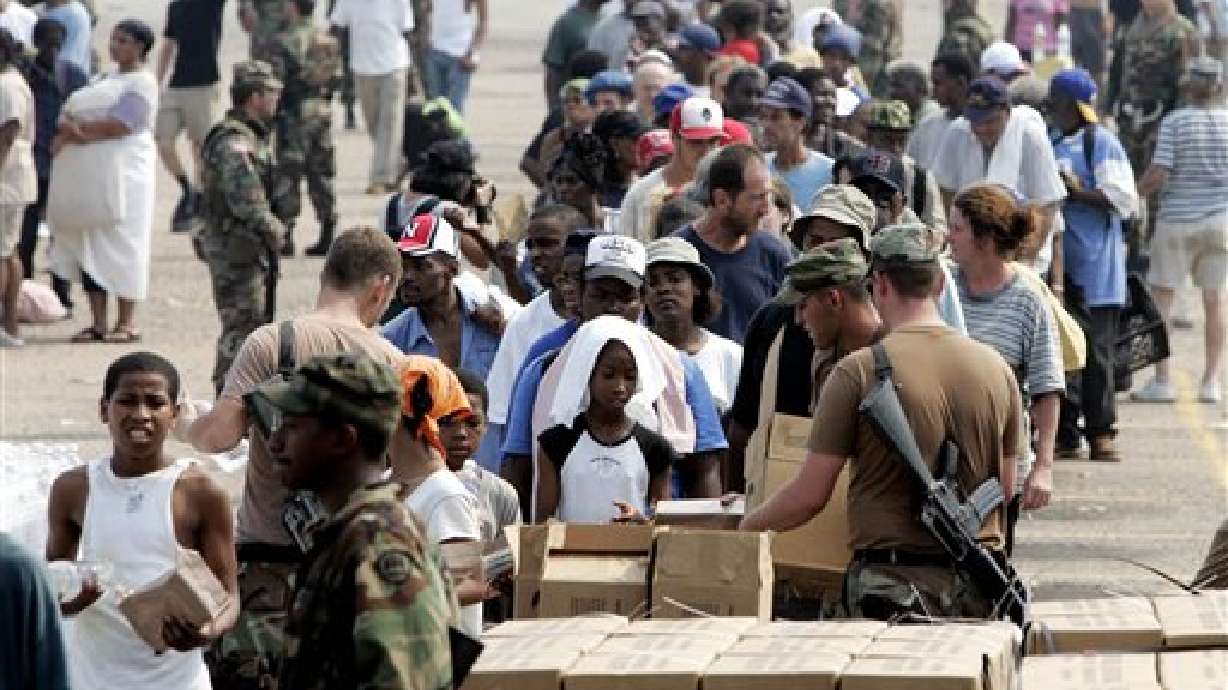Estimated read time: 2-3 minutes
This archived news story is available only for your personal, non-commercial use. Information in the story may be outdated or superseded by additional information. Reading or replaying the story in its archived form does not constitute a republication of the story.
Richard Piatt ReportingThe sight of people stranded, hungry and thirsty in New Orleans has a lot of people in Utah wondering whether or not Utah is prepared if an emergency happens here.
Now is the time vicitms and observers alike are looking for someone to blame. The sight of what's happening along the Gulf Coast is also fostering strong opinions about preparedness there and here at home.
Right now public officials are stretched to the breaking point in New Orleans. Pictures of people begging for basic supplies has led a lot of people to one conclusion: Are Officials on the Gulf Coast Prepared? Of 12-hundred people nationwide, Survey USA reports 81 percent think local officials are unprepared for this on-going disaster. Only 12 percent say they are prepared.
The Federal Government, which is supposed to offer secondary response, is also getting tepid responses to the Katrina tragedy. 49 percent say they'd call its response 'surprisingly disorganized'. 42 percent say it's about what you'd expect. Only 8 percent call the response is surprisingly organized.
It makes a lot of people wonder: What is Utah's preparedness level? In the most likely mass disaster scenario, an earthquake, officials say they'd like to think we are prepared, at least as best as we can be.
Derek Jensen, Utah Division of Homeland Security: "Our basic philosophy is prepare for the worst but hope for the best. So in other words, what we do is put people in place, train on a regular basis."
If there was an emergency in Utah, this emergency operations center in the capitol would be activated, full of people making the kinds of coordinated decisions people are saying didn't happen in New Orleans.
Coordination includes drills in some areas, which depend on both volunteers and officials. In a Community Emergency Response Team training demonstration, people practice emergency situations--color coded flags on door knobs identify the level of help that's needed.
Even with all that, 500 Utahns told Survey USA they are only 'somewhat' confident the state is equipped to handle a mass disaster. 27 percent say they're not very confident, and only 13 percent say very confident.
But for all of us, there is also constant advice to families and individuals: Prepare yourself as much as you can. You should have at least a three day supply of the basic essentials like food, water and medicine.









